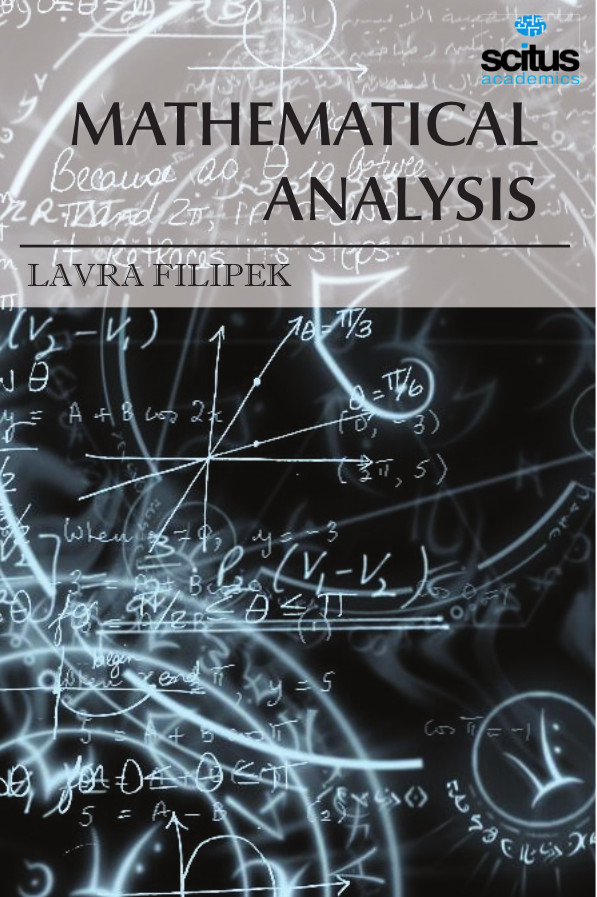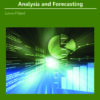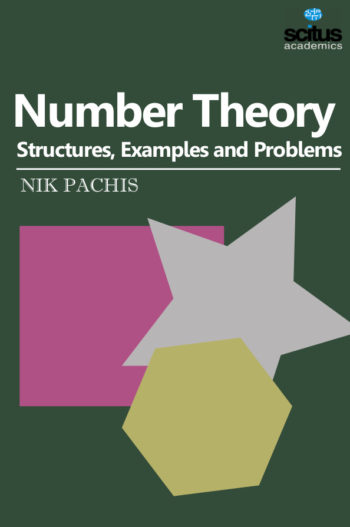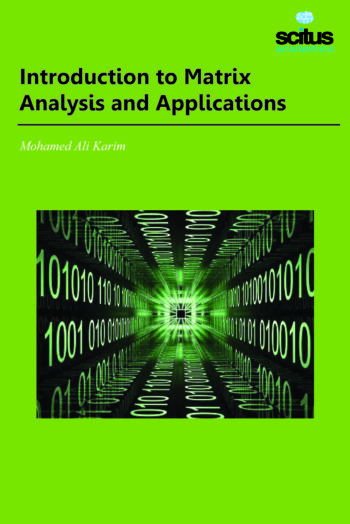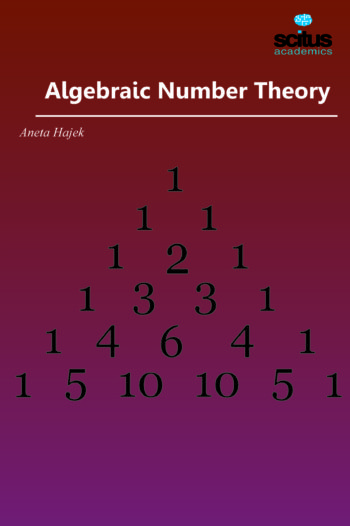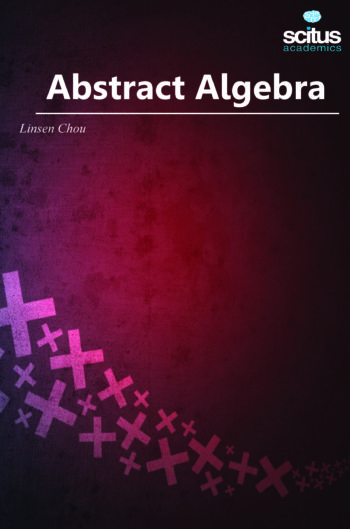The study of limiting processes is the central theme in mathematical analysis. It involves the quantification of the notion of limit and precise formulation of intuitive notions of infinite sums, functions, continuity and the calculus. In a rough division of mathematics, mathematical analysis deals with inequalities and limits. In some of its branches, such as asymptotic analysis, these aspects of the subject matter are readily apparent. In others, such as operator algebras, they are concealed in the topology of algebras or its structure as an infinite-dimensional vector space. These theories are usually studied in the context of real and complex numbers and functions. Analysis evolved from calculus, which involves the elementary concepts and techniques of analysis. Analysis may be distinguished from geometry; however, it can be applied to any space of mathematical objects that has a definition of nearness (a topological space) or specific distances between objects (a metric space). Mathematical analysis formally developed in the 17th century during the Scientific Revolution, but many of its ideas can be traced back to earlier mathematicians. Early results in analysis were implicitly present in the early days of ancient Greek mathematics. The book mathematical analysis emphasizes on metric spaces, convergence of sequences and series, continuity, differentiability, Riemann integral, sequences and series of functions, uniformity, interchange of limit operations.

